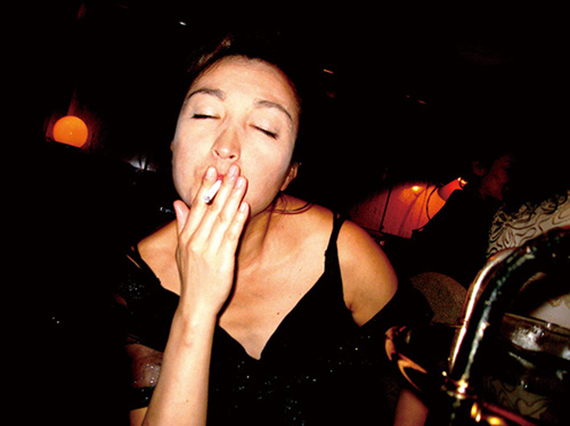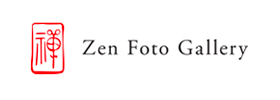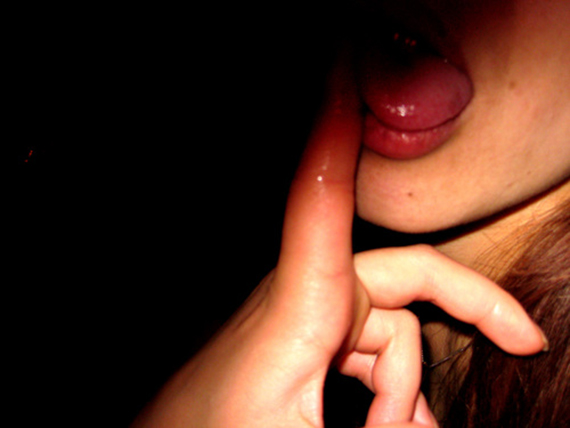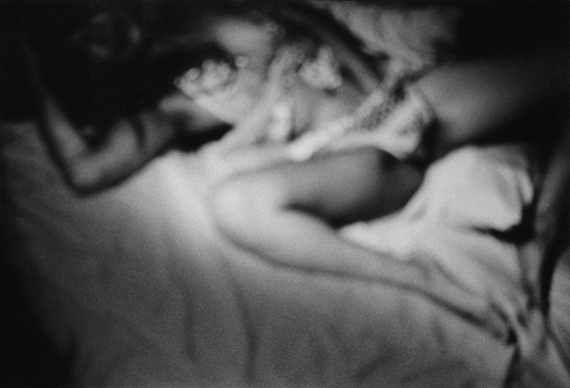
Hideka Tonomura »
They Called Me Yukari
celebrating the publication
Exhibition: 27 Oct – 18 Nov 2023
Sat 28 Oct 17:00

Zen Foto Gallery
6-6-9 Roppongi, Minato-k
106-0032 Tokyo
+81-3-6804 1708
info@zen-foto.jp
www.zen-foto.jp
Tue-Sat 12-19

Zen Foto Gallery is delighted to present an exhibition that celebrates the release of the new edition of Hideka Tonomura’s
They Called Me Yukari
. The exhibition will be held from Friday, October 27th to Saturday, November 18th.
Last year, Tonomura gained significant attention when her debut work “Mama Love” was included in the “Love Songs” exhibition at La MEP, Maison Européenne de la Photographie in Paris, and subsequently acquired by the museum. In 2013, along with her debut work “Mama Love”, she presented “They Called Me Yukari”, a series of photographs taken in Kabukicho, Shinjuku, where she worked as a hostess, at her first solo exhibition at Zen Foto Gallery and published it as her second photobook.
The book has long been out of print, but for the first time in 10 years, a new edition of this photobook is being published by Zen Foto Gallery, with new texts and images not included in the original edition.
We will be presenting a selection of works from the new edition of the photobook, and on the last day of the exhibition, there will be a talk session with Masakazu Murakami, photographer and editor-in-chief of Sha Shin Magazine (Fugensha). Please come and visit the exhibition.

“Yukari, our job is to sell our hearts”
The manager from Tochigi always said that to me as he smiled.
Kabukicho, Shinjuku.
I hated this area so much that I wanted to burn it down, and I have vomited on it many times.
I recognize the area as a dumpsite of human desire — the nightly parties were full of madness.
There was one girl who had a beautiful singing voice and an adorable smile. She died.
Her death faded into the parties — adapting to numbing senses is the only way to survive in this place. I learnt that human desire is terrifying — once you touch it, there is no turning back. That is why I released the shutter just before I touched the desire.
The sliver of darkness that is not meant to be seen.
There are things that we don’t have to see if we don’t need to see them.
But it was also that darkness that brought my numbed senses back.
I believed in the sliver of light that was captured in the darkness.
I saw the hope of human life there.
I worked as a hostess for twenty years, moving from Kabukicho to Roppongi, Ginza and Akasaka. Each area had its own “quality”, but I had not released the shutter so many times in the areas other than Kabukicho.
There is only a fine line between desire and hope. I met the people who make their living in this district and learned the hope to keep on living.
Kabukicho, Shinjuku.
Patches of blood, bare genitalia,
A sliver of darkness that’s not meant to be seen.
They called me Yukari.
“How we make a living? Sell our hearts, piece by piece by piece.”
—Hideka Tonomura